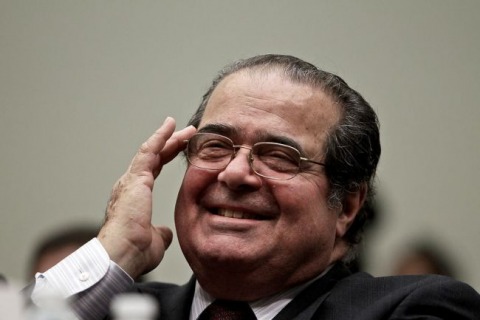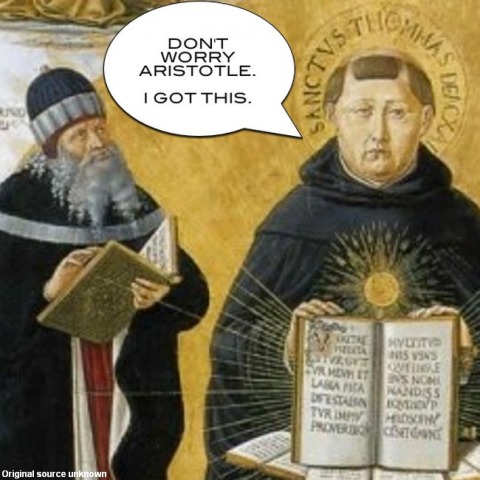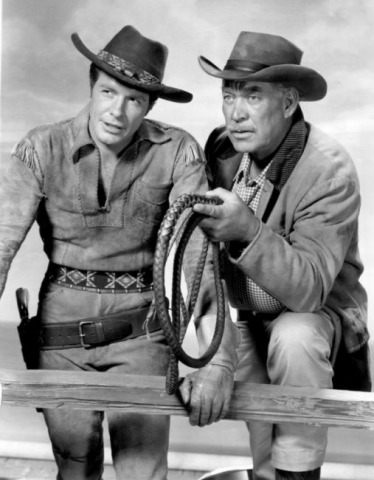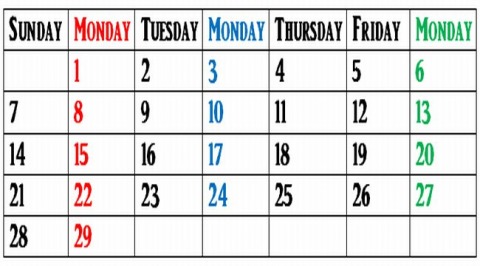
A reader comments:
Your blog is not only enjoyable, but has also led to repentance. Many at church here, including me, have had to examine themselves after reading your piece “The New Evangelization and the Old Excuse.” Thank you for this convicting post.








